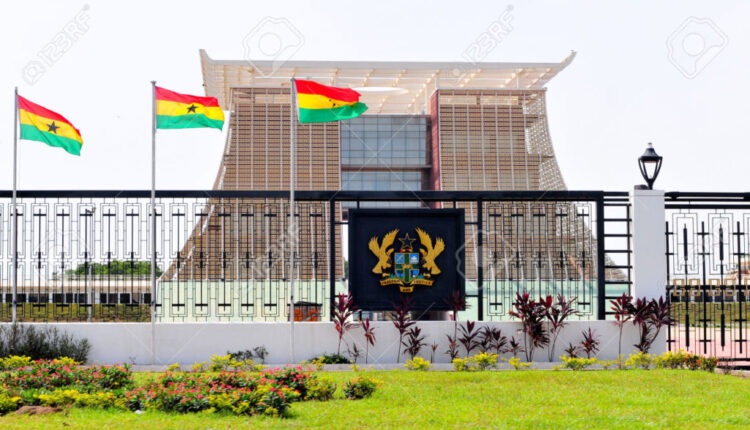The Chief of Staff, Akosua Frema Osei Opare has said that plans are far advanced for the seat of the presidency, the Jubilee House to make sure about 60 per cent of its energy consumption are supplied through solar by the end of 2023.
She made this known at the closing ceremony of the African Women and Children Conference (AFRIWOCC) in Accra last week.
“By doing so we do not only mitigate risk of climate change, but also create new opportunities for green jobs and sustainable economic development. We must work hand in hand with scientists, environmentalists, business leaders and civil society to develop and implement effective policies that promote green energy, protect our natural resources and foster green technologies” she said.
The government made similar announcement about 4 years ago with an August 2019 timeline.
This according to the government was to enable state agencies to follow suit in an all-time bid to minimize the high cost of utility bills incurred for state-owned institutions.
President Akufo-Addo who made similar announcement in Parliament at the time said it was time for Ghana to adopt renewable forms of energy because of its inability to achieve universal utility access although the country generates electricity in excess capacity.
“Jubilee House will also be powered, as from August this year, by solar energy, as an example to other public institutions. In fact, the government’s target is to install up to 200 megawatts of distributed solar power by 2030 in both residential and non-residential facilities in order to reduce Government’s liabilities to ECG.”
“Another justification for renewable energy is that, in spite of Ghana’s excess electricity generation capacity, we can still not achieve our universal access target because there are many Ghanaian communities, especially those on islands and lakesides, that cannot be reached through the national grid. For example, there are currently two hundred (200) island and two thousand (2,000) lakeside communities that require mini-grids from renewable sources to meet their energy needs,” he added.
Nana Akufo-Addo also disclosed that the Energy Ministry has introduced Solar ‘Rooftop Programme’ for public institutions to implement as the country strives to achieve some of the major goals in the 2030 Sustainable Development Goals (SDGs)
“To reduce government’s expenditure on utilities, and also promote the use of solar power for government and public buildings, the Ministry of Energy initiated the Solar Rooftop Programme. The Ministry is leading by example with the installation of a 65-kilowatt solar rooftop system at its premises.”
He added that renewable energy has also become a necessary addition to our energy sector because it has become cheaper, and is key to the implementation of our international obligations under SDG on access to affordable, reliable, and sustainable energy, as well as SDG on urgent action to combat climate change.


Comments are closed.